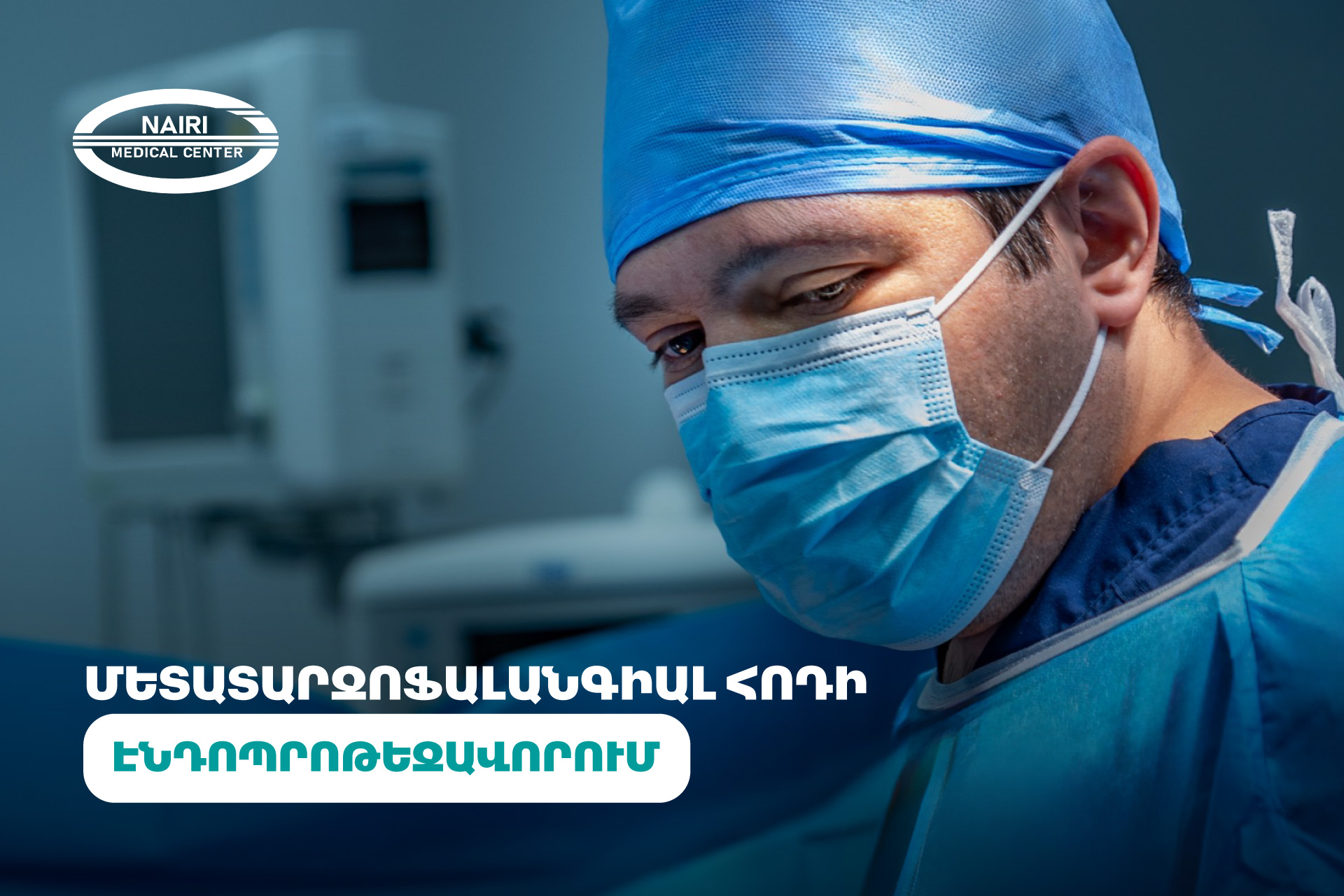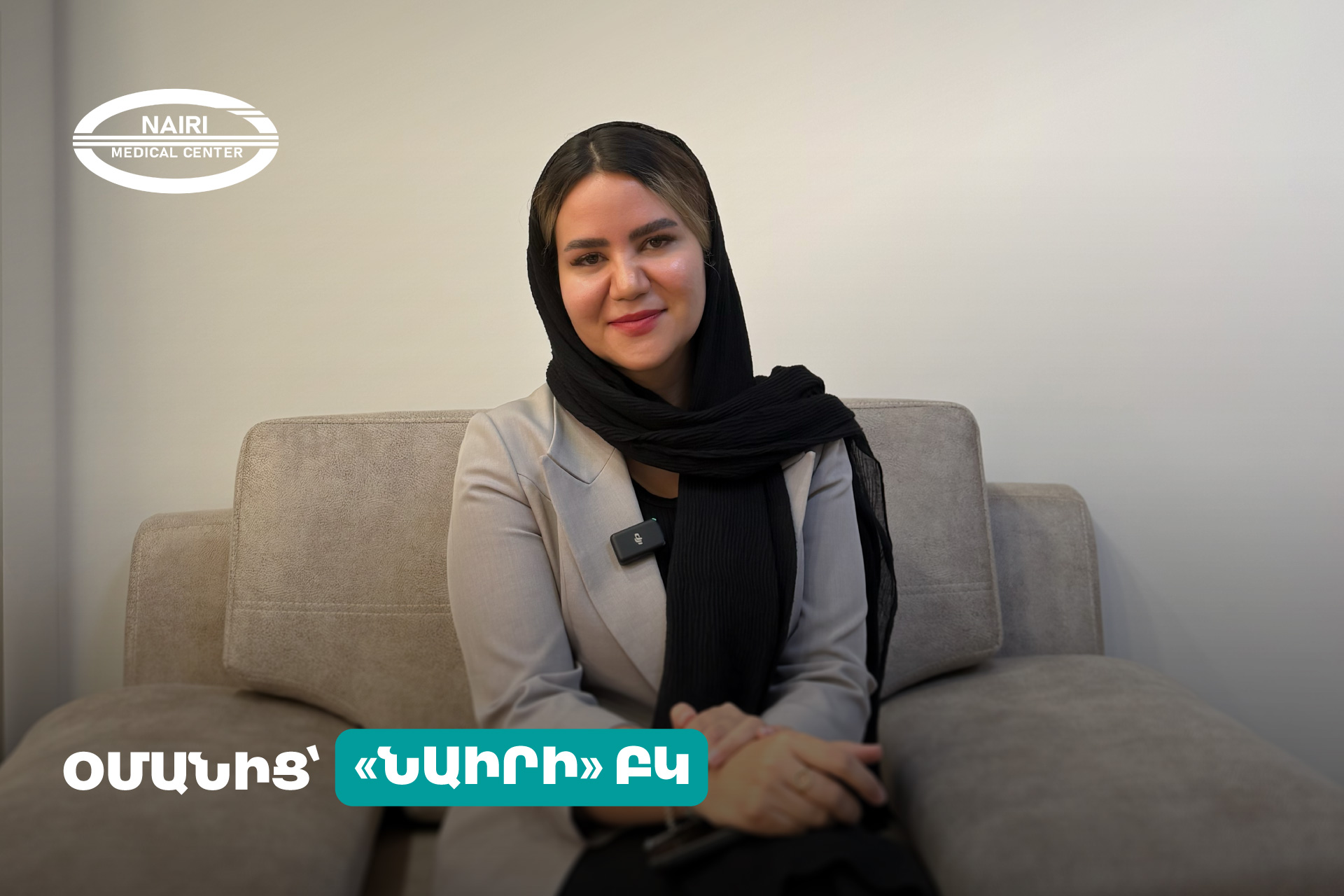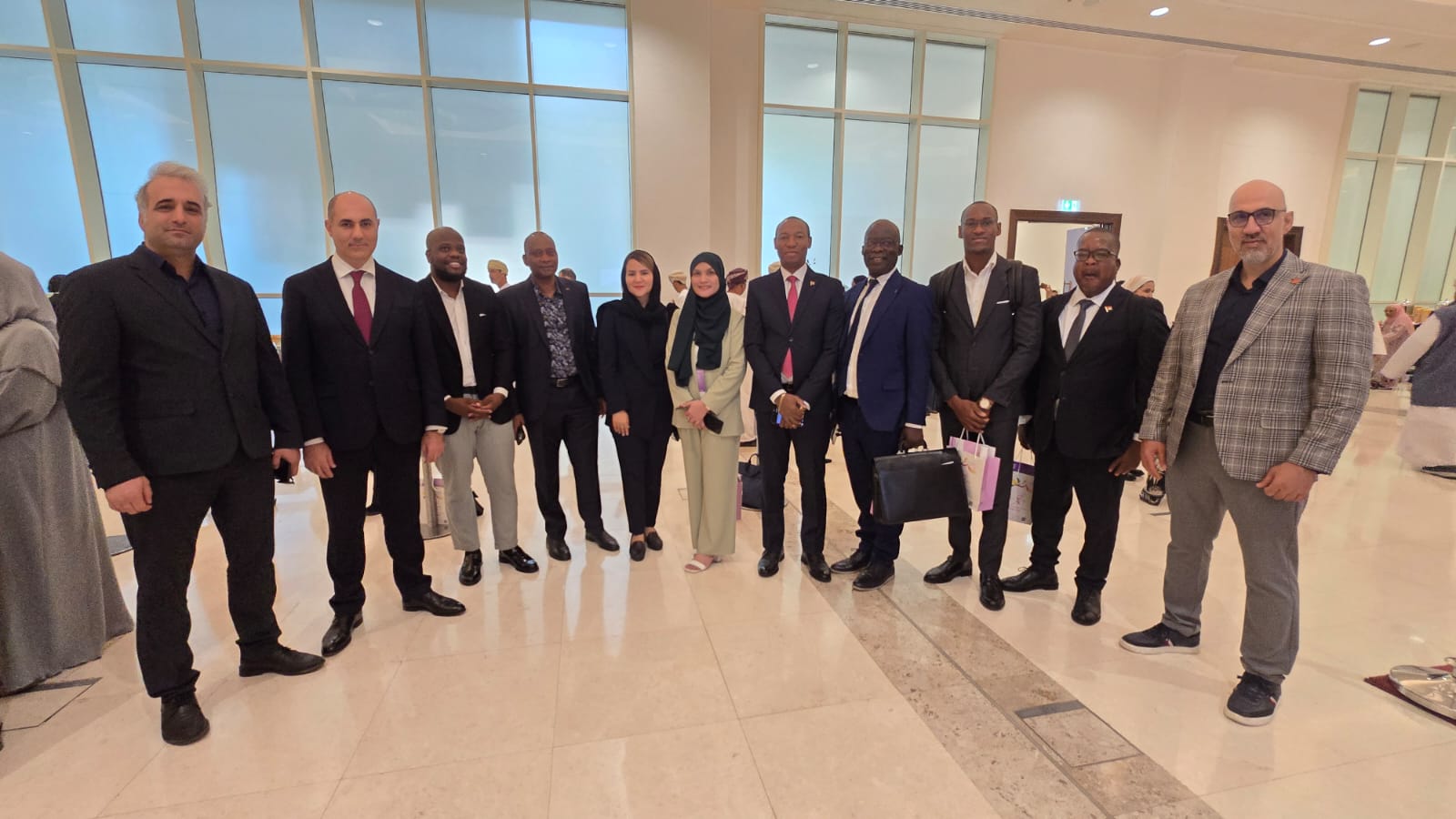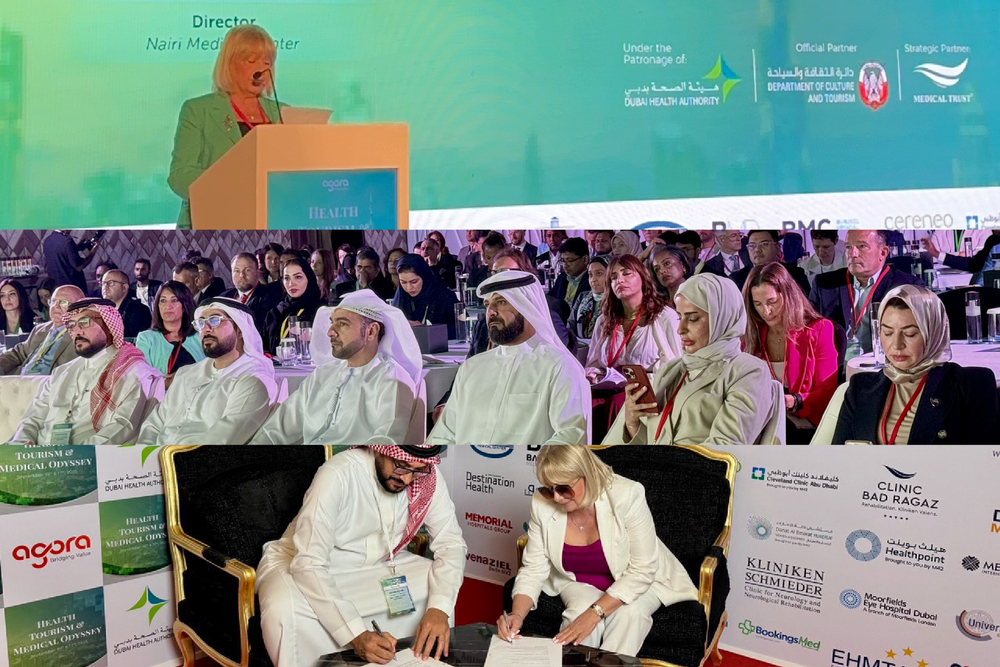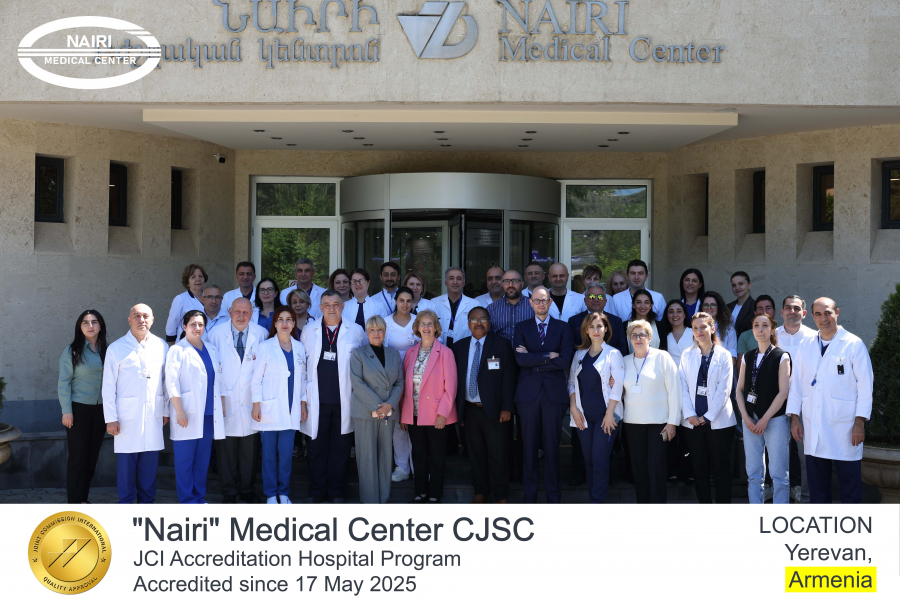''Nairi'' MC performs cytoreductive surgeries for advanced ovarian cancer
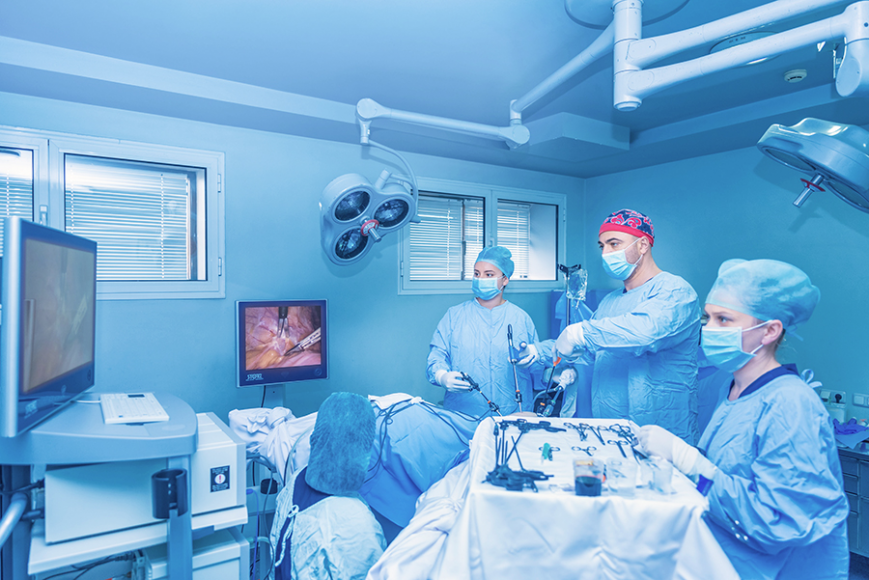
Artem Stepanyan, Member of the Board of the European Society of Gynecological Oncology (ESGO), Head of the Gynecological Oncology at Nairi Medical Center, Associate Professor, answered questions on specifics of gynecological oncology, methodology used in the field and a number of other important questions.
-How is the work with the patient organized?
For the treatment apply the patients who have cancer of the uterus, cervix, external genitalia, ovaries and breast. First, the previous investigations are studied, next, other corresponding specific examinations are needed to diagnose oncological diseases. The following investigations have to be performed: Oncological marker examination, biopsy, computed tomography (CT), magnetic resonance imaging (MRI), scintigraphy, expert ultrasound examination (ultrasound). That is, research is needed to determine the malignancy of the tumor, its extent, and its molecular type. It should be noted that the examinations are performed at the expert level, i.e. the specialists have been specially trained abroad to work with gynecological oncology patients.
- How well is the clinic equipped?
Nairi" MC is unique by that that it is equipped with modern equipment, which is one of the important conditions in the most complex field of medicine - oncology. The operating rooms are equipped with endoscopic, laparoscopic, hysteroscopic devices, ultrasound surgical knives, the latest electrosurgical generators, which allow you to perform even the most complex surgeries with minimal complications and almost no blood loss.
-What innovative technologies and methods are used in the service?
In most cases, malignant tumors are operated laparoscopically, which is an innovation in the field of oncology. Patients who need to undergo chemotherapy after surgery may start laparoscopic surgery much earlier, which naturally provides more effective treatment results.
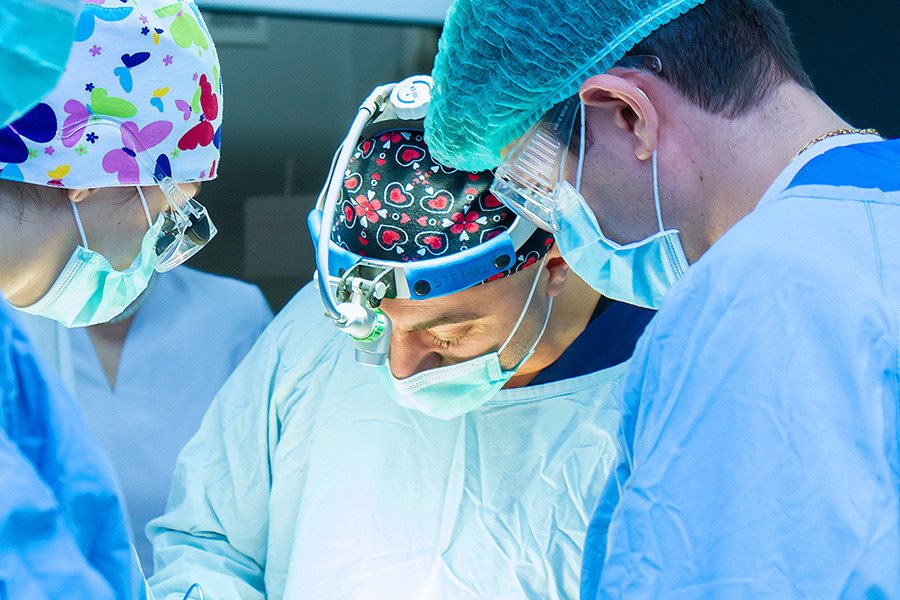
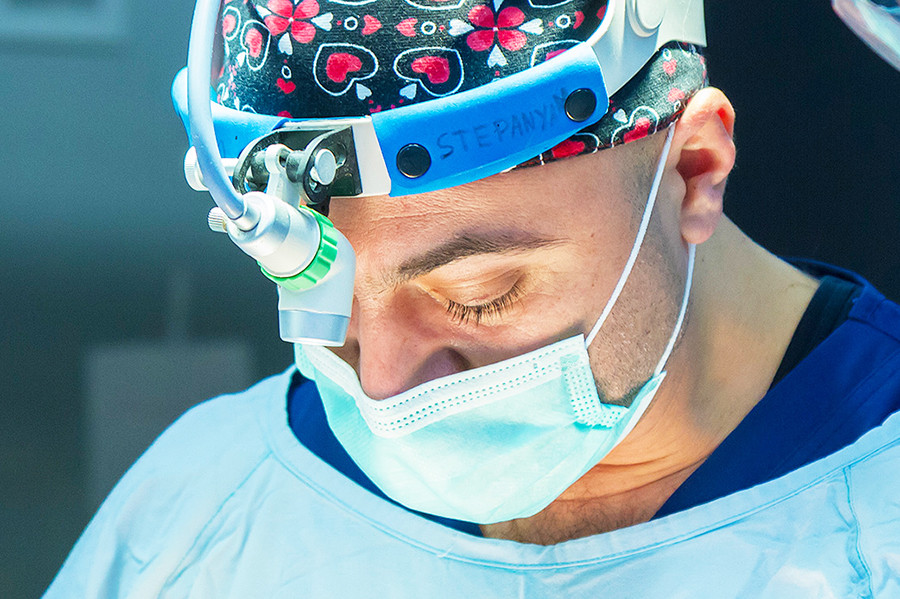
-What makes the service special?
According to our results, we are inferior to the best European clinics. For example, cervical cancer or the treatment of cervical cancer is not performed as a classic oncological surgery, but based on embryological anatomy. It differs from conventional surgery in that that it is more radical and technically complex, but in terms of patient survival, i.e. the chances of being cured of the tumor are about 20% higher than the standard approach.
Let's talk about ovarian cancer surgery. In our clinic, cytoreductive surgeries are performed, during which the abdomen is opened along the entire length, from the abdomen to the pelvis, and all metastases of the tumor are removed. This surgery can take 6-12 hours. For comparison, when the tumor is simply removed, the patient dies within a year, and cytoreductive surgery allows the practically untreated person to live much longer after completing the chemotherapy. This operation is performed only in our center. In other words, you do not have to leave the country to receive quality treatment.
-How many women apply for cancer annually?
I do 1-3 surgeries a day. The popular thesis that Armenia ranks first in cancer is wrong, simply the large number of surgeries in our country is conditioned with the performed work and quality.
-How is the activity of the multidisciplinary oncology team organized in the service?
A histologist, a computed tomography specialist, a magnetic resonance imaging specialist and many other specialists are involved in the management of the oncology patient, this is in the research phase, and in the treatment phase - a surgeon, chemotherapist, radiologist.
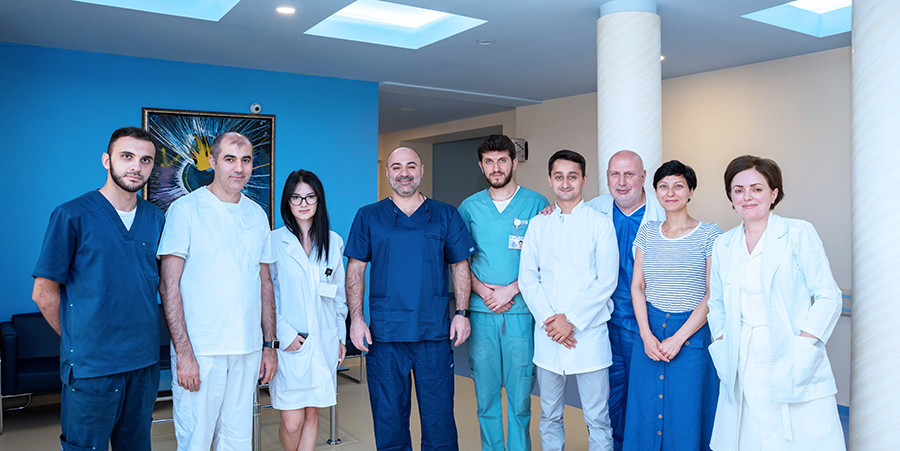
It is very important that the patient does not go from one doctor to another, as a loss of information can occur. In the developed world today, a multidisciplinary approach is adopted, i.e. specialists gather around the patient. This is the right approach because there is so much information about any tumor that a specialist simply cannot remember. And when the team works together, the efficiency increases by 30%: let's note that it is a large number. It is important that all the examinations are done by the team, and the specialists ask their questions, make observations, and the doctors make decisions.
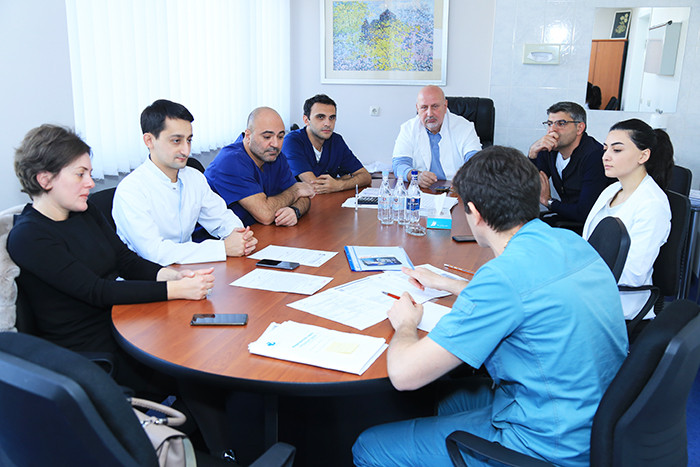
I should emphasize that we only employ doctors trained in Europe. If a doctor has no training in Europe or the United States or does not speak English, he simply cannot work with us.


